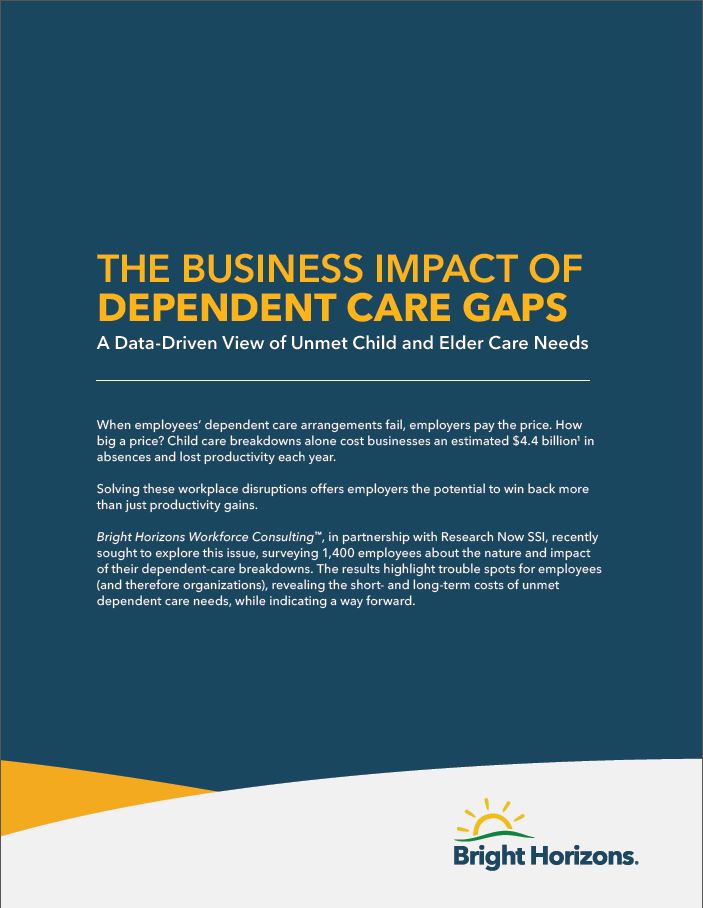American workers are learning to relax, feeling far less stressed out on the job today as compared with how they felt seven years ago. Workplace-induced stress has fallen by an unprecedented 15 percent since the year 2000, according to a recent study released by Rachelle Canter, Ph.D., author of Make the Right Career Move and president of San Francisco career advisory firm RJC Associates, Inc.
A surprising find from this study was that those reporting the most decreased levels of workplace stress were working parents. Today, 46 percent of working parents reported workplace stress, down from 66 percent in 2000. Survey respondents without children in their households reported only a 10 percent drop in stress levels.
Canter's study looked at gender and regional considerations as well. Men saw a 13 percent drop in workplace stress levels while women have seen a 16 percent drop since 2000. Regionally, workers in the Northeast saw the largest drop in workplace stress, from 67 percent in 2000 to 43 percent in 2007. However, the decrease has been experienced nationwide; the South was down 16 percent, the Midwest down 12 percent, and the West down nine percent.
It was also discovered that overall, job-related stress continues to plague white-collar workers more than blue-collar workers; 52 percent of white collar workers reported workplace stress in 2007, compared to just 44 percent of blue collar workers.
Why the drop in job-related stress levels? Canter offers five probable reasons for this new find:
Canter sees this survey as a positive message of personal work/life triumph. The overall message of this survey is one of personal empowerment. You can fight workplace stress on an individual level, and you can defeat it.
A surprising find from this study was that those reporting the most decreased levels of workplace stress were working parents. Today, 46 percent of working parents reported workplace stress, down from 66 percent in 2000. Survey respondents without children in their households reported only a 10 percent drop in stress levels.
Canter's study looked at gender and regional considerations as well. Men saw a 13 percent drop in workplace stress levels while women have seen a 16 percent drop since 2000. Regionally, workers in the Northeast saw the largest drop in workplace stress, from 67 percent in 2000 to 43 percent in 2007. However, the decrease has been experienced nationwide; the South was down 16 percent, the Midwest down 12 percent, and the West down nine percent.
It was also discovered that overall, job-related stress continues to plague white-collar workers more than blue-collar workers; 52 percent of white collar workers reported workplace stress in 2007, compared to just 44 percent of blue collar workers.
Why the drop in job-related stress levels? Canter offers five probable reasons for this new find:
- Family-friendly policies are on the rise, including flex-time, child care, maternal and paternal leave, leave to care for sick and family members, and telecommuting. Offering flexibility gives employees a greater sense of control and they increasingly value their employer's, boosting their productivity and commitment.
- A strong employment market has given workers more options and again a greater sense of control and empowerment over their work and futures. Workers are no longer facing such constant fears of job and income loss, and are freer to choose a job they truly want to do.
- Ever-expanding technology allows for increased telecommuting and remote working options. Employees have more flexibility in delivering materials and important communications. Technology has allowed for decreased 'dirty work? and manual work on the part of employees, thereby reducing their stress.
- Depression-related stress is now more often cured and controlled. The number of people being treated for depression has increased 300 percent in the past decade, helping people get their depression under control, and they are thus more able to enjoy all aspects of their life.
- Employees are gaining perspective. They are getting their work/life balance in order and are better able to juggle the many demands of both work and nonwork life. Employers are helping in this quest by no longer rewarding and encouraging competition around who can work the longest and hardest. Measurements are much more results-driven now.
Canter sees this survey as a positive message of personal work/life triumph. The overall message of this survey is one of personal empowerment. You can fight workplace stress on an individual level, and you can defeat it.





